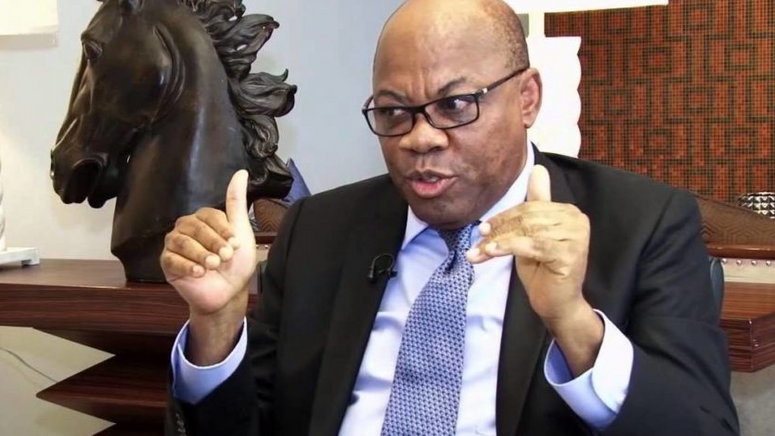A legal cautionary letter authored by Dr Tonye Clinton Jaja has surfaced, addressed to prominent Senior Advocate of Nigeria (SAN), Dr Olisa Agbakoba, urging prudence in his involvement with the ongoing sexual harassment allegations involving Senate President Godswill Obot Akpabio.
In the detailed correspondence, Dr Jaja identifies himself as a protégé in the lineage of human rights law shaped by Agbakoba’s teachings, having been mentored by Mr Chinonye Obiagwu, SAN — a former student of Agbakoba and a renowned human rights advocate.
Drawing from this background, Jaja recounts his early legal training at the Legal Defence and Assistance Project (LEDAP) and highlights the foundational legal advocacy and writing skills that have continued to shape his legal career, even beyond Nigeria.
The letter raises concerns over Agbakoba’s recent public involvement in the high-profile case between Senator Natasha Akpoti-Uduaghan and Senate President Akpabio.
Jaja expresses reservations about what he perceives as an overreliance on personal legal stature to resolve a case that has already undergone legislative scrutiny.
Referencing the Senate Committee on Ethics, Privileges and Public Petitions’ dismissal of the allegations on March 26, 2025, Jaja invokes the constitutional principle of double jeopardy, noting that any renewed inquiries into the same matter risk undermining Senator Natasha’s legal protections.
He also highlights the concept of sub judice, advising that ongoing lawsuits filed by Mrs Ekaette Akpabio—reportedly seeking significant damages for emotional distress — ought to be the proper channels for legal redress.
Jaja further questions the conciliatory approach taken by Agbakoba, citing concerns over fairness, particularly in light of Senator Natasha’s suspension from the Senate.
He references Senate rules which limit such suspensions to a maximum of 14 days, in contrast to the six-month sanction Natasha received.
Using a cautionary anecdote from the legal career of his mentor Obiagwu, Jaja underscores the reputational risks legal practitioners may face when seeking justice on behalf of clients without due caution.
He concludes with a pointed remark questioning whether Akpabio himself affords others the same fairness and right of response that his legal team seeks from Natasha, particularly in his role as Chair of the Governing Council of the National Assembly’s Institute for Legislative Studies.
While the letter is firm in its tone, it stops short of making direct allegations, instead urging measured, lawful, and equitable conduct in handling such sensitive matters.




